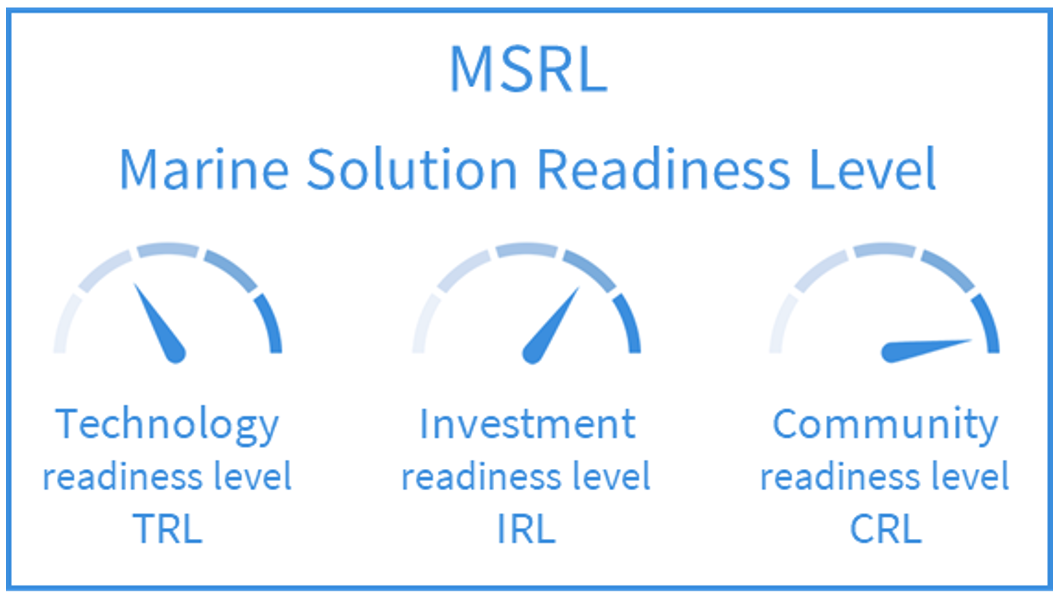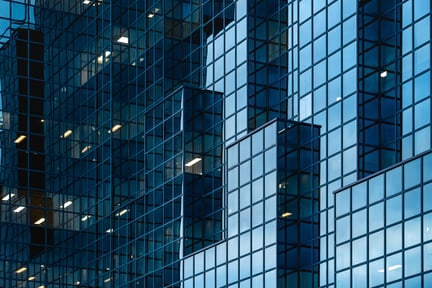Marine solution readiness levels.
Decarbonisation is the number one issue facing the shipping industry. Research by LRQA has shown that zero-emission vessels need to be entering the world fleet by 2030.
Introduction
Research by LRQA has shown that zero-emission vessels (ZEVs) need to be entering the world fleet by 2030.
This requires shipping to be planning and building new ship-board solutions and land-based infrastructure immediately. But zero-emissions solutions have so far only been deployed in niche applications, solutions for large scale ocean shipping are not yet established. This dilemma has created uncertainty across the sector. Organisations seeking reliable guidance face conflicting opinions as shipping debates alternative ways to decarbonise.
- Shipowners and operators need to identify an effective pathway for their fleet, mapping out required retrofit or new build steps on the way.
- Fuel suppliers need to develop investment strategies and plans.
- Policymakers and regulators need to understand solution developments to incentivise zero-carbon solutions whilst avoiding unintended consequences or moving the problem elsewhere in the supply chain or industry.
- Shipbuilders and equipment manufacturers need to invest in the skills, technologies and resources to provide the zero-carbon solutions of the future.
- Financiers and insurers need to optimise portfolios, investing in growth assets whilst reducing exposure to climate risk.
Making the right decisions
How can the shipping sector make the right decisions relating to future fuels and technologies, today and in the coming years?
 Marine Solution Readiness Level (MSRL) is an evidence-based framework to assess the readiness of the most promising zero-carbon fuels1 and related technologies that could play a role in getting the entire shipping industry to zero emissions by 2050. It is a resource for the industry showing the current state of developments and indicating progress towards industry-wide solutions. MSRL addresses three fundamental questions for decarbonising the global fleet:
Marine Solution Readiness Level (MSRL) is an evidence-based framework to assess the readiness of the most promising zero-carbon fuels1 and related technologies that could play a role in getting the entire shipping industry to zero emissions by 2050. It is a resource for the industry showing the current state of developments and indicating progress towards industry-wide solutions. MSRL addresses three fundamental questions for decarbonising the global fleet:
- How close is the technology to being proven, scalable and safe?
- Is the business case robust enough to attract investment?
- How prepared are people and organisations to adopt the new solution?
Advancing solution readiness
The LRQA Maritime Decarbonisation Hub created MSRL by assessing the latest evidence from a wide range of sources and combining the results with the findings of LRs own research. The results are presented through an easy to use, dashboard-based tool which is regularly updated in line with the latest developments. LRQA uses the outputs to identify research, development and deployment projects that will advance solution readiness and accelerate a safe and sustainable transition to zero.
References
- It is intended to be inclusive of fuels derived from zero-carbon electricity, fuel derived from biomass and fuel derived from the use of fossil fuels with CCS ( the last two types commonly described as “net-zero” ), but not fuel derived from fossil fuel with CCU based on the combustion of fossil fuels.


